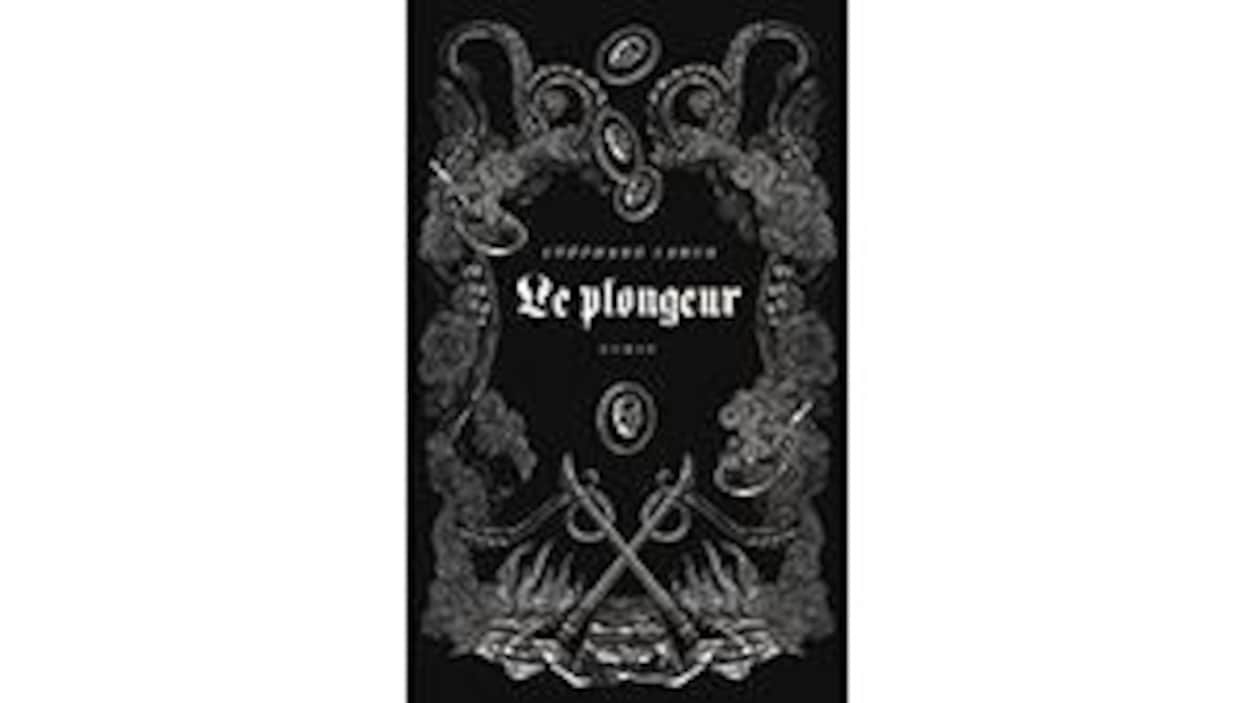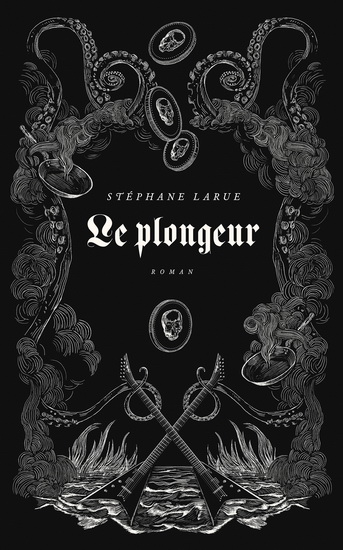

With the help of Mr. Jack, a capricious gangster, he extends the betting pool beyond the prison, roping in more players. His wealth and clout gone, Dale Paul concocts an in-prison betting scheme: a dead pool, in which players cast bets on which aging celebrity will die first. His shady dealings have destroyed the pensions of war veterans, landing him media coverage as a financial villain reminiscent of Bernie Madoff. The novel’s central figure, Dale Paul (who insists on being addressed by his full name), is a disgraced hedge fund manager newly incarcerated in a minimum-security penitentiary, Essex, in upstate New York. Swan’s The Dead Celebrities Club does so dazzlingly and hilariously. Rather, each charts the complex effects of their interaction.

What happens to our sense of the tactile, tangible world when we fixate upon a slot machine’s whirling dials or a stock’s fluctuations? Neither book posits the gulf between human capital and human character as a simple opposition. Their shared concern lies with the fate of financial metaphor. In them, gambling serves as a portal for exploring human character. Isn’t the casino one of our commonest images for contemporary finance? Thankfully, these novels skirt obviousness. In each, acts of gambling fuel wider explorations of a world mediated by credit and debt. This is the project of two new novels, Susan Swan’s The Dead Celebrities Club and Stéphane Larue’s The Dishwasher (originally published in French but recently translated into English by Pablo Strauss).

Can we play with financialization’s dominant images and terms, spin narratives about them, and thereby reach new cultural understandings of our marketized, monetized lives? Any dissenter is put in mind of Paul Simon’s “I Know What I Know”: “Who am I to blow against the wind?” How then, if at all, can we reckon with this twenty-first-century financialization of language and life? Perhaps the most interesting approach involves telling stories about it. Increasingly, its idioms shape our political and social imagination in ways so powerful as to appear immutable. Granted, taking potshots at business language is easy and ultimately futile. By quantifying and instrumentalizing, “human capital” impoverishes life’s complexity. Education appears through its frame as an investment opportunity, personal life choices as a series of risk calculations. Of all the phrases to gain traction in our language in recent times, is any uglier than “human capital”? Even as the term suggests an imperative to nurture and educate (capital, after all, must be developed), it financializes the human.


 0 kommentar(er)
0 kommentar(er)
